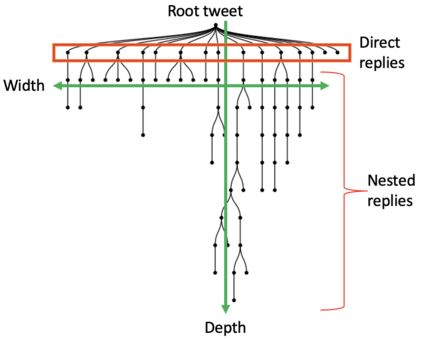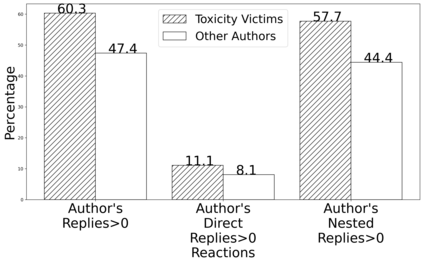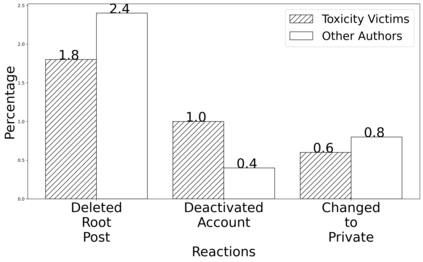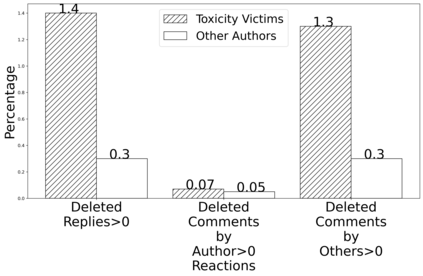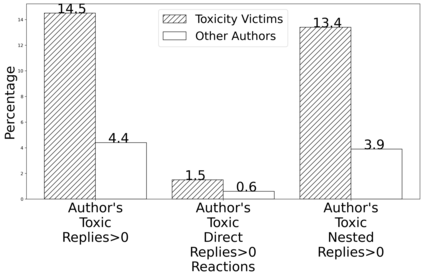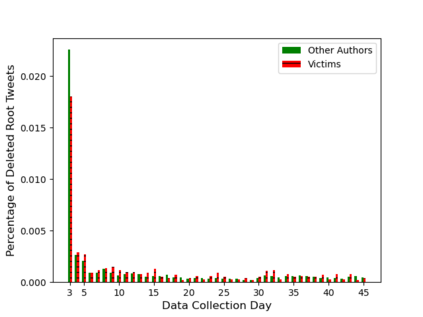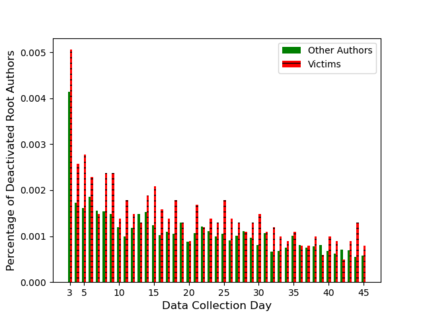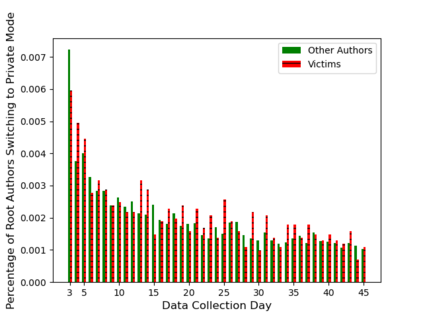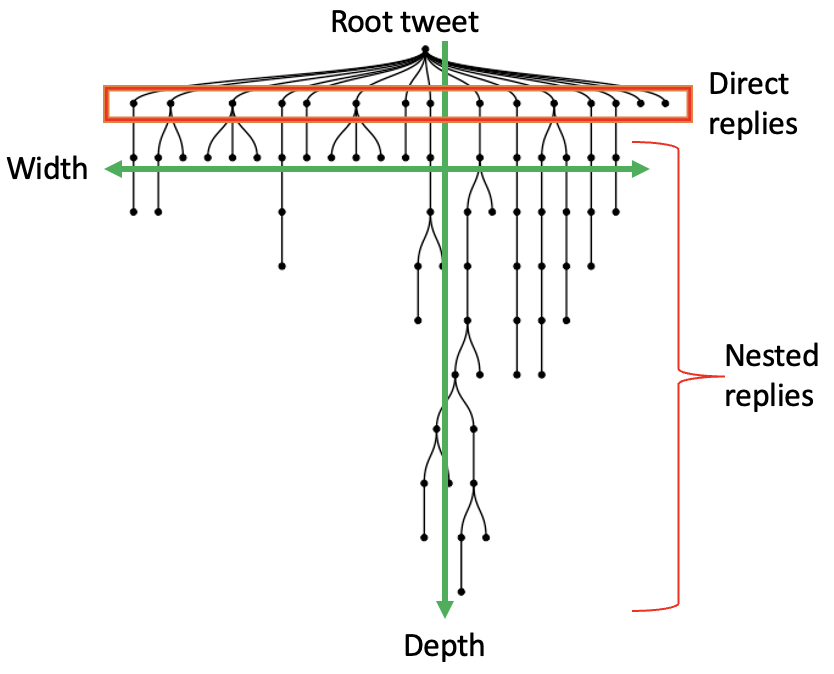Online toxic attacks, such as harassment, trolling, and hate speech have been linked to an increase in offline violence and negative psychological effects on victims. In this paper, we studied the impact of toxicity on users' online behavior. We collected a sample of 79.8k Twitter conversations. Then, through a longitudinal study, for nine weeks, we tracked and compared the behavioral reactions of authors, who were toxicity victims, with those who were not. We found that toxicity victims show a combination of the following behavioral reactions: avoidance, revenge, countermeasures, and negotiation. We performed statistical tests to understand the significance of the contribution of toxic replies toward user behaviors while considering confounding factors, such as the structure of conversations and the user accounts' visibility, identifiability, and activity level. Interestingly, we found that compared to other random authors, victims are more likely to engage in conversations, reply in a toxic way, and unfollow toxicity instigators. Even if the toxicity is directed at other participants, the root authors are more likely to engage in the conversations and reply in a toxic way. However, victims who have verified accounts are less likely to participate in conversations or respond by posting toxic comments. In addition, replies are more likely to be removed in conversations with a larger percentage of toxic nested replies and toxic replies directed at other users. Our results can assist further studies in developing more effective detection and intervention methods for reducing the negative consequences of toxicity on social media.
翻译:在本文中,我们研究了毒性对用户在线行为的影响。我们收集了79.8k Twitter对话样本。然后,通过纵向研究,我们跟踪并比较了作者的行为反应,作者是毒性受害者,而作者不是毒性受害者。我们发现,毒性受害者表现出以下行为反应的组合:避免、报复、反措施和谈判。我们进行了统计测试,以了解有毒反应对用户行为的影响,同时考虑混淆因素,例如谈话结构和用户账户的可见度、可识别性和活动水平。有趣的是,我们发现与其他随机作者相比,受害者更有可能进行交谈,以毒性方式回答,以及不跟随毒性煽动者。即使毒性是针对其他参与者,根本作者更可能以毒性方式参与对话和答复。然而,核实过有毒账户的受害者更可能较少地参与对话,或者通过发布毒性答复来回应。此外,在进行毒性反应时,我们进行毒性反应时,更可能有更多的参与,在进行毒性反应的用户研究时,在进行毒性反应中,在进行毒性反应时,更可能采用毒性反应。

